How to keep your glasses or goggles from fogging
The novel coronavirus has recently swept the globe. The coronavirus is characterized with transmissibility, including droplet transmission, aerosol transmission, as well as the transmission of tears and conjunctiva. So we should pay more attention to safety and take proper self-protection measures. In addition to wearing masks, more people, especially ophthalmologists and family doctors, also believe that goggles are essential protective accessories. However, there also exists a contradiction between the two: when wearing masks, the exhaled gas is easy to cause fogging of glasses or protective glasses, which bothers numerous people.
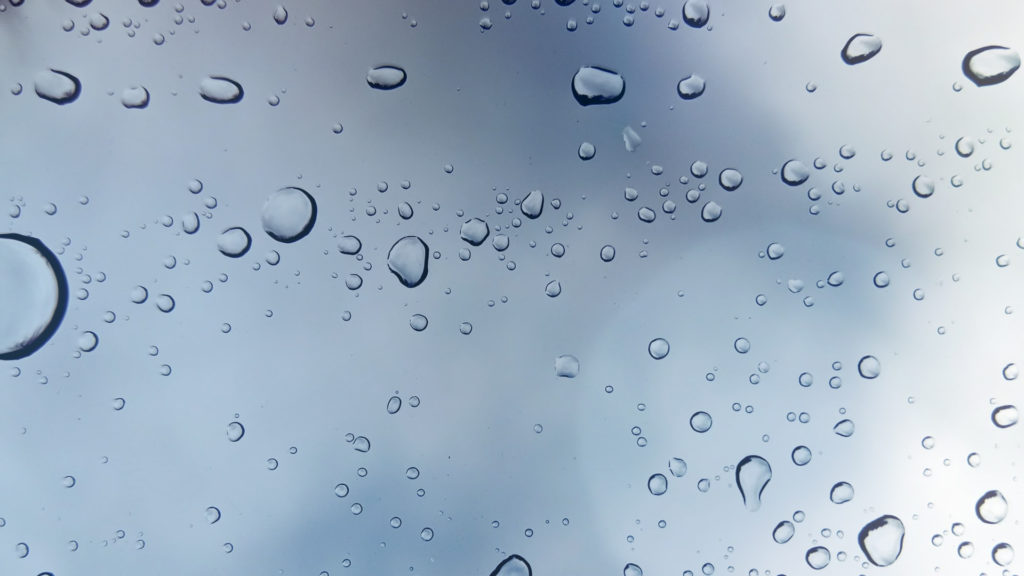
EuroEyes doctors share with you the “anti-fog” methods from three aspects:
1. How to check whether the mask is properly worn before wearing goggles?
1.1. Before wearing goggles the mask must be properly worn. Exhaled gas contains water vapor, when the water vapor contact the goggles or glasses, it will condense droplets on the surface of the glasses to form fog. Therefore, the most direct way to prevent the glasses from fogging is to minimize the gap between the mask and the face and reduce the rise of water vapor.
Using a napkin, folded into strips, placed under the metal strip and in contact with the skin, can also reduce the gap.
1.2. Use medical plaster glue to the mask in close contact with the skin (left). By doing so the goggles can be reduced from fogging by preventing air from flowing through the top of the mask
2. How to keep the goggles from fogging?
2.1. Try use the “iodophor”
Method: use iodophor to smear the inside of the goggles, be careful not to smear too thick, a thin layer can be. Waiting for it complete drying; if it is in urgent need, it can be dried by a hair dryer.
2.2. If you haven’t iodophor you can use “dishwashing liquid” or “hand washings sanitizer”.
Method: use the “dishwashing liquid” or “hand washings sanitizer”on the inner surface of the goggles, rinse with water, and then wait it dry, so that the goggles have anti-fog function.
The anti-fogging effect of the above methods on the protective glasses generally lasts about 3-5 hours (depending on the issue of personal operation)
2.3. The other ways to replace “iodophor”: anti-fogging spray for glasses, anti-fogging cloth for cleaning the glasses, anti-fogging spray for smearing on the glass of cars, water for smearing on the glass of cars and anti-fogging agent for endoscope lens in the operating room.
3. Does the application of iodophor or detergent have the effect of “anti-fogging” for ordinary myopia glasses?
EuroEyes doctors hold the opinion that these two methods are not effective for ordinary myopia glasses. Because it is difficult for the ordinary detergent or and sanitizers to spread and adhere on the surface of glasses to form anti-fogging film due to the hydrophobic and antifouling coating on the surface of most myopia glasses.
But don’t worry, there are many “anti-fog” solutions for myopic glasses: anti-fog glasses, anti-fog glasses spray, anti-fog glasses cloth, etc. Of course, the best way is to consider refractive eye surgery and you once and forever won’t need glasses anymore. It can make your life more convenient and comfortable.
About EuroEyes
The EuroEyes Clinic Group is a globally successful company that was founded 26 years ago in Hamburg and has its headquarters there until today. In addition to locations throughout Germany, EuroEyes is also represented in China and Denmark. The company offers patients the full range of refractive surgery for the correction of visual disorders. Using state-of-the-art eye laser and lens surgery procedures, EuroEyes treats more than 25,000 patients each year with nearsightedness, farsightedness, astigmatism, presbyopia or cataract. The treatment enables the start of a life free of glasses and contact lenses without any impairment of visual quality.
+49 40 348 09 29 0 – service center in Germany (English, German and Chinese)
Monday to Friday: 08:00 – 20:00
Saturday: 09:00 – 14:00






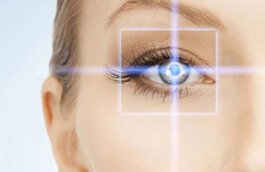

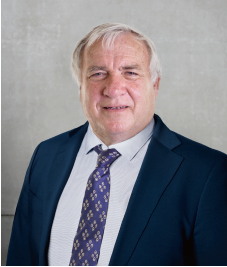



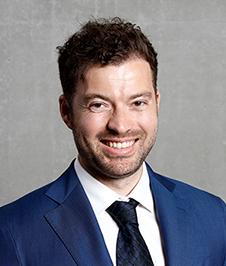
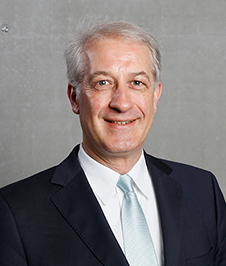
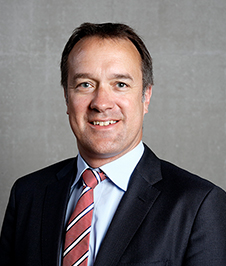
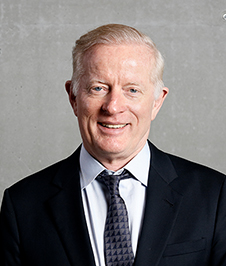


Join our Newsletter